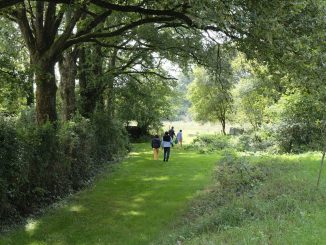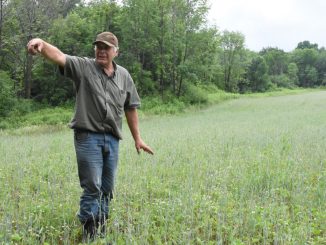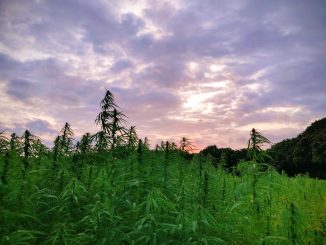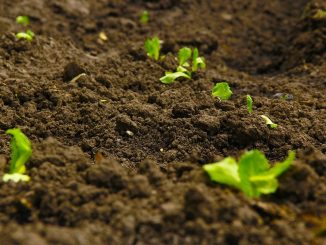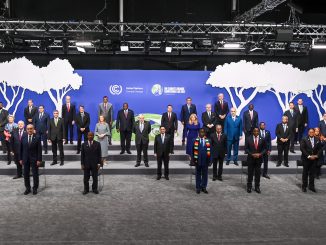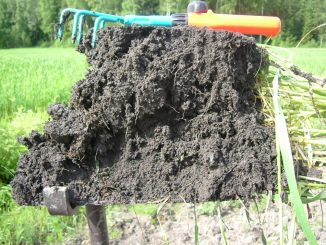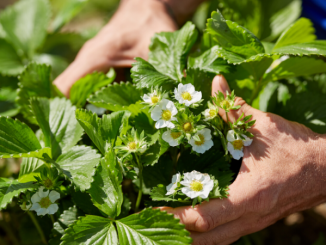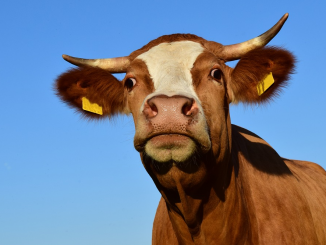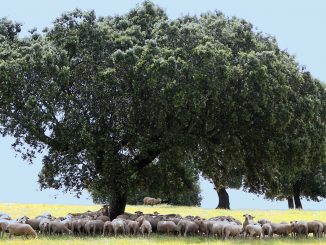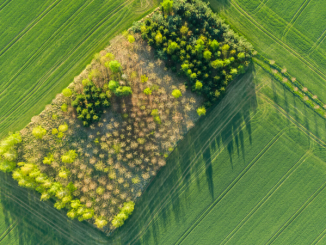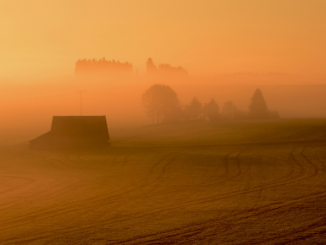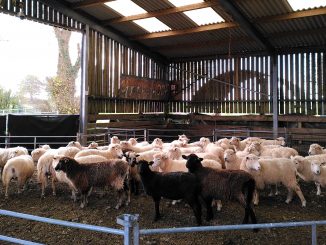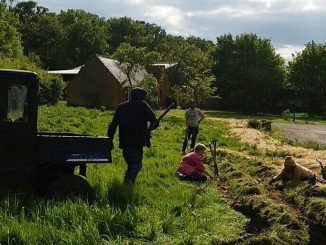
Commission Releases Slew of Agri-Food Documents before Summer – here’s what you need to know.
School’s out for summer – and soon, the Brussels bubble will check out too. But not before a slew of new and updated regulations and legislations, impact assessments and more, all have their moment in the sun. Soil, seeds and NGTs, food waste, pesticides and of course the nature restoration law – it’s all coming thick and fast in these heady days. Oliver Moore and Ashley Parsons guide you through the brimming lunchboxes of the Brussels bureaucrats in these final days before summer break. […]

